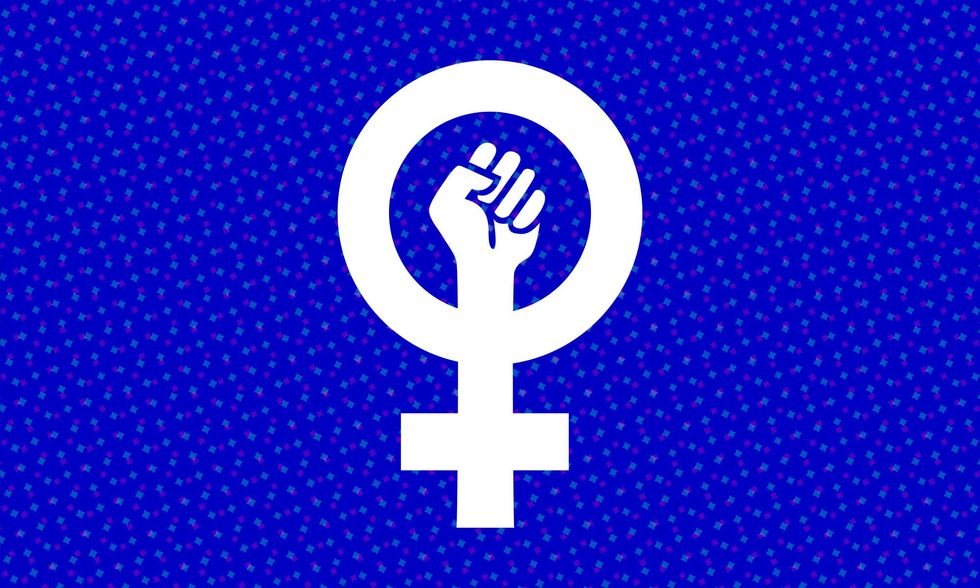What I have been taught over the course of my 20 year long lifetime is that limitation is the price a woman ought to pay for balance and surety (Sylvia Plath). Every moment I spend pondering on the uncertainties of my future, the dark mist of marriage -- the sure-shot way to 'balance' or a woman's ultimate aim in life-- envelops me in its clench. My revelations that I don't know what to do with my life after college are met with either outright irreverent laughter or statements that sound something like,"Umm... girls have it easy. Just get married to a rich guy."
My question is -- Why? Why do my uncertainties about my future are met with the certainty of marriage? Why is that my choice of major should be "no-more than 4 years" because otherwise by the time I finish I will be too old to get married? Why is that my family places its hopes and dreams of a plush future on my brother while I get "hopefully you find a suitable boy."?
Of course I can sit here and pretend like the stereotypes associated with the life of South Asian Women are antiquated, half-truths or even false; that we are not struggling in a double yoke of sexism and #logkyakahenge (homage to Hasan Minhaj), that we are not a historically disenfranchised group, and that time and again we are not rendered inadequate and impotent. But being someone who is the 'archetype of the stereotype', I know better. Resisting the common urge to acquiesce to the comforting narrative that patriarchy, gender bias and sexism are a thing of the past, I prefer divulging the truth. From where I stand I see ourselves in a free fall leading to the same doomed destination; trying to meet the patriarchal demands made upon us. And believe me when I say that I am not going to be the only one shattered on impact.

There exists an abyss between my generation and the generation that existed before mine -- a dichotomy of a rot perception of society and the role it plays in our lives. Sure, all of us have those Hurrah! moments once a while when our fathers say something progressive about women's rights or our mothers agree to our argument that it's everyone prerogative to wear what they want without their character being tarnished. But rarely do these Hurrah! moments bring about momentous change in their strictly established hypodermic perceptions.
Though young women in the South Asian diaspora are proudly proclaiming feminism and being a feminist, men have been sedentary in their efforts (if, in fact, there are any efforts to talk about.) Our fathers, our brothers, our boyfriends, our husbands, our cousins, even friends are failing us. By making feminism sound a word so trite, almost like a platitude of the masses, they are distorting the significance of the word and the movement. South Asian Men (those I know) are repelled at the thought of being associated with it because it would mean leaving the comfort of the protective caul they have been raised in, standing by their wives when their fathers say "women don't work" or when their mothers tell their eighteen year old sisters, "We found a rishta for you."
Men need to be a part of the conversation, not scurry away from it. Saying things like "Ohhh you are a feminist, we are not friends anymore." aren't funny. Nor are feminazi jokes. So swallow your pride, stop asking your mother for more roti and be a mard!*
*Open to interpretation


















